Director Alex Kurtzman Explains What He Learned From His “Biggest Failure,” 2017’s The Mummy
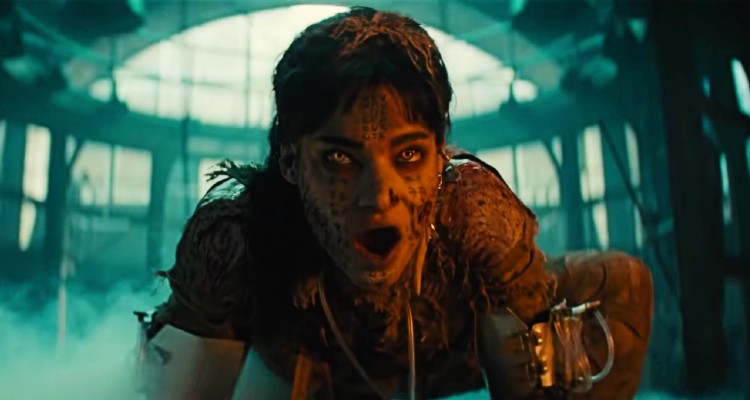
The 2017 Mummy reboot didn’t win any fans and did not kick-start the Dark Universe of their celebrated horror properties the way Universal Pictures had hoped it would.
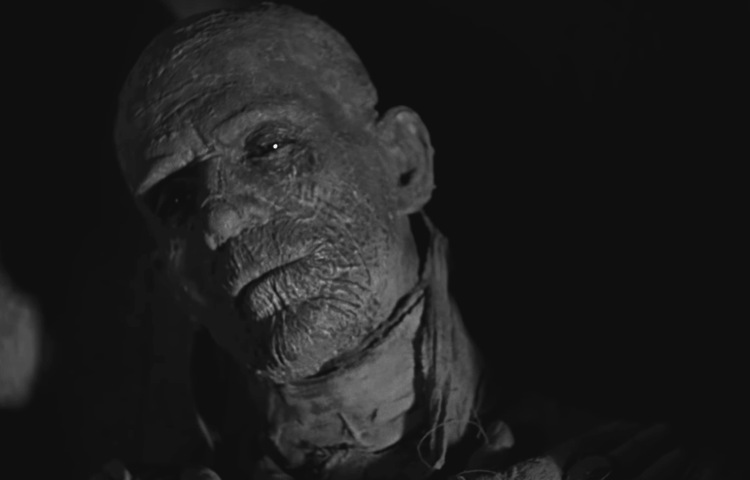
Source: The Mummy (1932), Universal Pictures
The film was also a letdown in every way for its director Alex Kurtzman who explained this in a Bingeworthy podcast interview, but while he calls The Mummy his biggest failure, he says he learned a lot from the production.
“I tend to subscribe to the point of view that you learn nothing from your successes, and you learn everything from your failures. And that was probably the biggest failure of my life, both personally and professionally,” Kurtzman related about the overall experience.
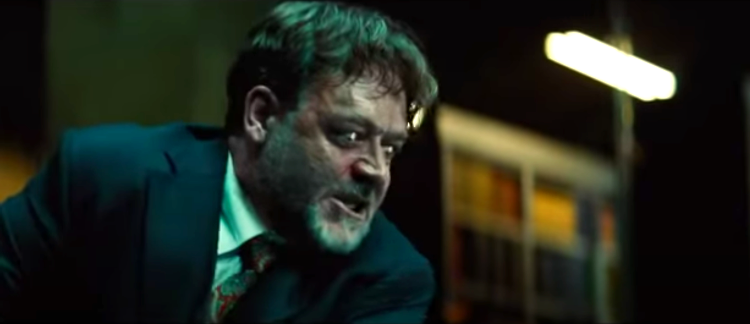
Source: The Mummy (2017), Universal Pictures
He believes working on the film gave him inexpressible gifts, and made him a better director. “There are about a million things I regret about it, but it also gave me so many gifts that are inexpressibly beautiful. I didn’t become a director until I made that movie, and it wasn’t because it was well directed – it was because it wasn’t,” he says.
Kurtzman is grateful that the opportunity and those failures came because they “rebuilt me into a tougher person and it also rebuilt me into a clearer filmmaker.” As a result, he is now clearer about what he wants and he speaks up when something isn’t right. “I am not quiet about it anymore. I will literally not proceed when I feel that feeling. It’s not worth it to me,” he explained.
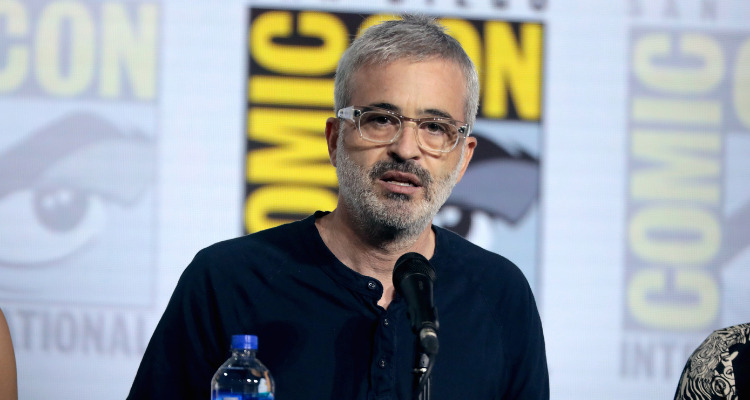
Alex Kurtzman speaking at the 2019 San Diego Comic Con International, for “Star Trek: Discovery”, at the San Diego Convention Center in San Diego, California. Photo Credit: Gage Skidmore from Peoria, AZ, United States of America, CC BY-SA 2.0 <https://creativecommons.org/licenses/by-sa/2.0>, via Wikimedia Commons
“Look, if you look at history and you look at people who’ve made amazing things, every single one of them will tell you the same story which is that it came after a failure, so I look back on it now with gratitude. It took me a while to get there, but my life is better for it,” Kurtzman added.
He’s taking that perspective with him into his next reimagining of a sci-fi property in his follow-up to David Bowie and Nicolas Roeg’s The Man Who Fell to Earth. Adapted as a series, Kurtzman and Star Trek: Discovery producing partner Jenny Lumet had personal and philosophical reasons for tackling the material.
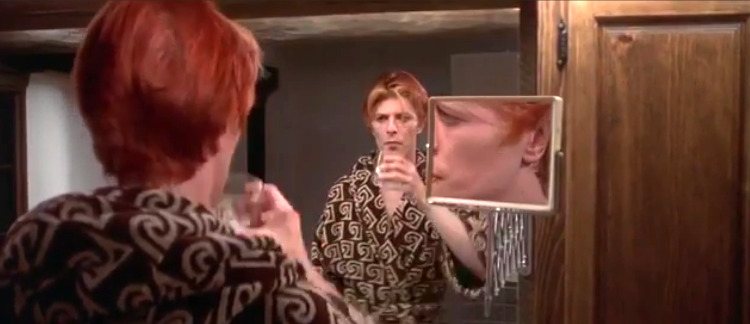
Source: The Man Who Fell to Earth (1976), Columbia Pictures
RELATED: Star Trek Fan Launches Petition To Have Alex Kurtzman’s Star Trek Designated As Non-Canon
For Lumet, it was a way of writing through grief and loss with the added bonus of doing something that involved the late Bowie, but Kurtzman was more introspective in his motivation.
“At the heart of Tevis’ novel are these central questions about human beings and the choices that we make and the choices that we’re making and what our future stands to become that are, unfortunately, still very relevant now,” he said.
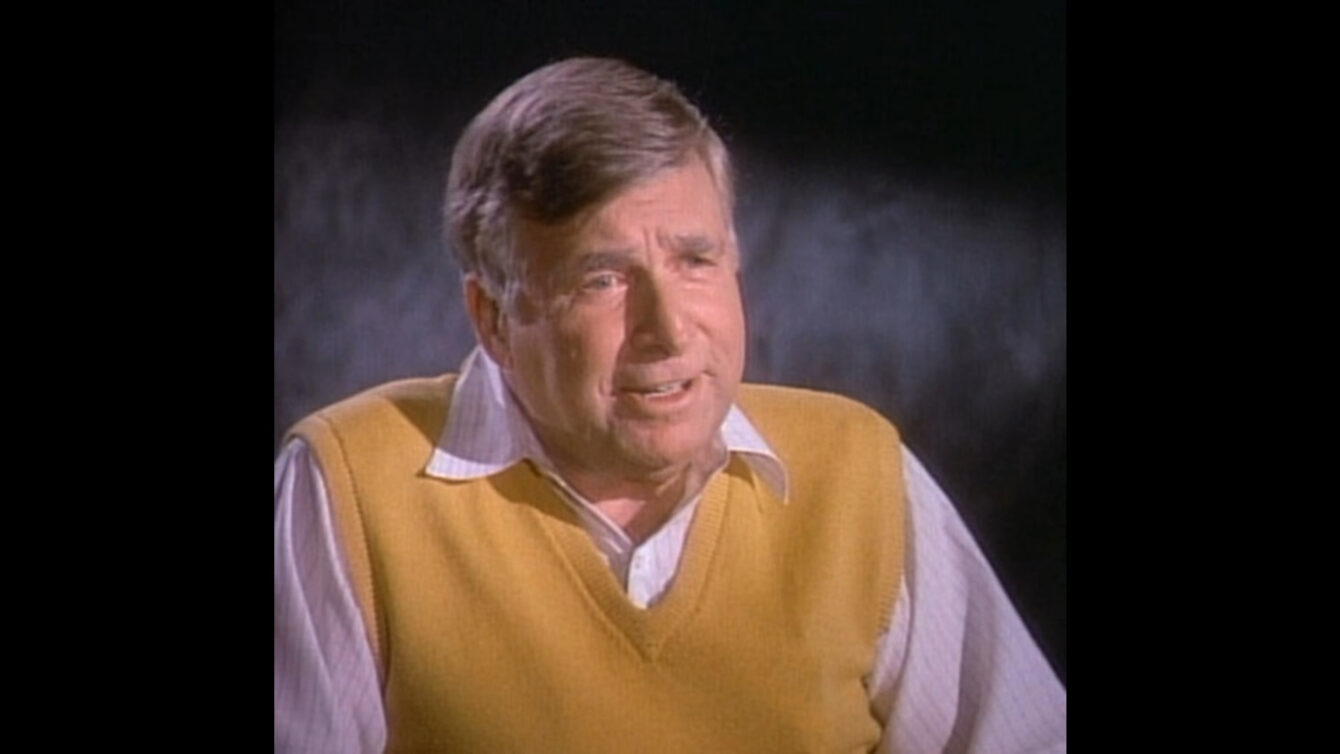
Source: Gene Roddenberry: The Star Trek Philosophy (1976), YouTube
Kurtzman compared Walter Tevis, the author of the novel that inspired the Bowie-Roeg film and the new series, to Gene Roddenberry in the sense the two used science fiction to write allegorically about things relevant to the present and the future.
“And so, my initial reservations gave way to, frankly, a need to answer these questions because we were looking around at the world and what it was becoming and we were not understanding what we were seeing anymore. Things were not making sense to us anymore,” Kurtzman expounded.
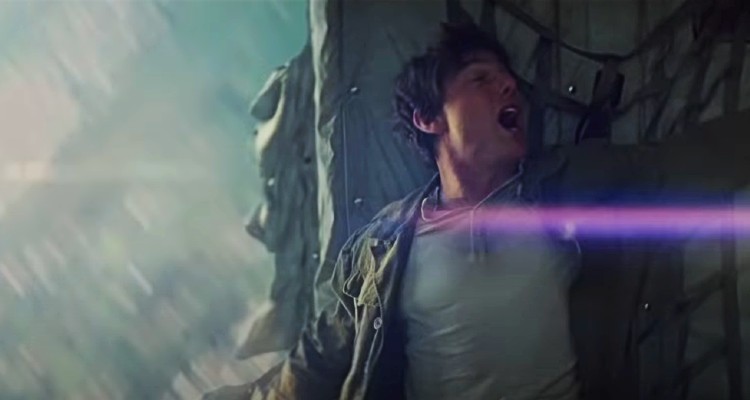
Source: The Mummy (2017), Universal Pictures
RELATED: Brandon Lee Wanted The Crow To Be Black And White Like The Graphic Novel
“So, rather than say let’s write a thing where we have all the answers because we would never pretend to have all of the answers, we were really looking for ways to work through our understanding of these questions that we had,” he concluded.
Kurtzman and Lumet have trouble answering those questions efficiently and eloquently with their divisive take on Trek that’s poorly received by diehard fans, but Man Who Fell to Earth nonetheless debuted on Showtime last Friday.
It stars Doctor Strange’s Chiwetel Ejiofor as the new title alien, Naomie Harris as the scientist he seeks to help his species and mankind, and Edgar Wright’s favorite Bill Nighy who takes over for David Bowie as the character he popularized in 1976.
NEXT: Jared Leto Provides Extremely Brief Update On Tron 3
More About:Celebrity Movies Television
